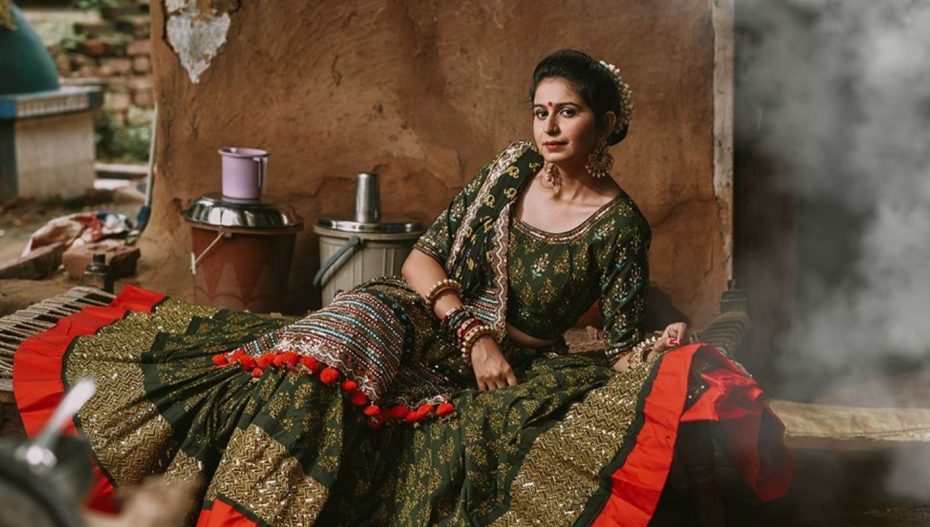Renowned Gujarati folk singer Kinjal Dave finds herself embroiled in a copyright dispute. The Civil Court in Ahmedabad has ordered Dave to pay damages amounting to Rs 1 lakh to Red Ribbon Entertainment Pvt Ltd, a media company claiming rights to the popular song “Char Bangadi Wari Gadi Lai Dau”. The court has mandated that the singer deposit the amount within seven days or face a week in civil prison. Despite her apology for contempt of court, the court rejected her plea.
The lawsuit was initiated by Red Ribbon Entertainment to prevent Dave and others from performing “Char Bangadi”. The company claims to hold the legal copyright to the song, originally penned by lyricist Manubhai Rabari and composed by Manoj Nadia. The song has been performed by Dave in over 200 stage shows. The case is further complicated by the involvement of Kartik Patel, also known as “Kathiawadi King”, who resides in Australia. Patel performed a song incorporating the “Char Bangadi” lyrics, uploaded it to YouTube in September 2016, and has since claimed rights over the song, rights that were reportedly assigned to Red Ribbon Entertainment.
Zahid Shaikh, the plaintiff’s lawyer, stated, “In 2022, the Civil Court restricted the singer from using this song in her live performances and stage shows. Despite an unsuccessful appeal to the High Court, she continued performing it last year.” Following this violation, the court is considering initiating contempt proceedings. Dave’s admission of performing the song 20 to 25 times during concerts has further complicated her situation, leading to the court’s recent fine imposition.
Dave defended herself by stating that she was ignorant about the law, a claim the court refused to accept, citing her as a “well educated and self-made lady”. She also contended that she had performed this song outside India and hence was not bound by the order. However, the court clarified that the injunction order is personally passed against her and is in force and operation wherever she goes.
Initially, Dave denied the allegations, believing she had the right to perform variations of the song without infringing copyrights. She argued that after consulting music experts, she altered some musical notations and refrained from performing significant portions of the original work. Despite her attempt to rectify the situation and her apology, Civil Judge Bhavesh Avashia dismissed her arguments, leading to the current order.
Also Read: York IE Sets Foot in Ahmedabad, Aims to Become a Global Acceleration Centre













